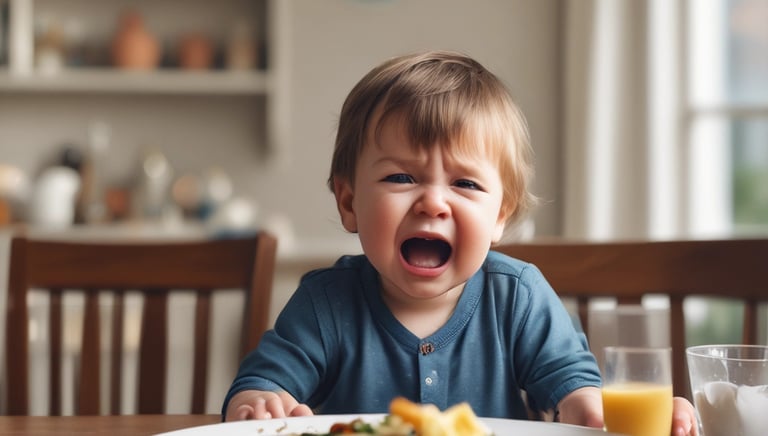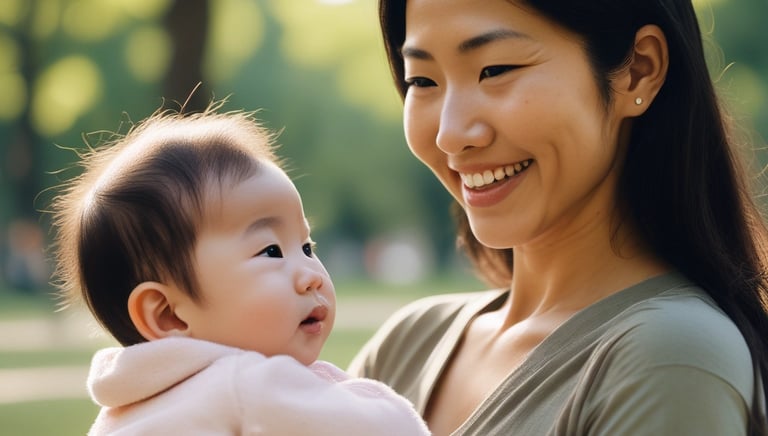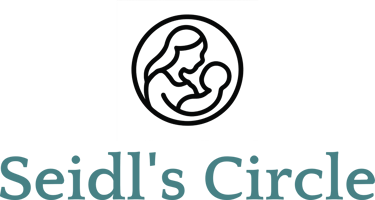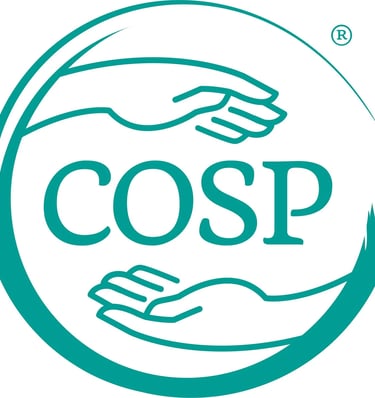Parenting Support
At times all parents feel lost or without a clue about what our child might need from us. Imagine what it might feel like if you were able to make sense of what your child was really asking from you. The Circle of Security Parenting™ program is based on decades of research about how secure parent-child relationships can be supported and strengthened.
Understanding Needs
Understand your child’s emotional world by learning to read their emotional needs


Building Connections
Discover strategies to enhance secure relationships and foster emotional growth.


What is Circle of Security Parenting™ model?
Circle of Security Parenting™ is a reflective program designed as a road map for parents and caregivers to understand attachment theory and implement intervention strategies.

Circle of Security Co-Founders
Kent Hoffman, Glen Cooper, and Bert Powell of Spokane, WA have spent more than 30 years simplifying complex research into a more accessible format for parents and caregivers. They have collaborated in their research in attachment theory to develop the Circle of Security. They have each earned the Governor’s Award for Innovation in Prevention along with the Bowlby-Ainsworth Award, presented by the New York Attachment Consortium.


